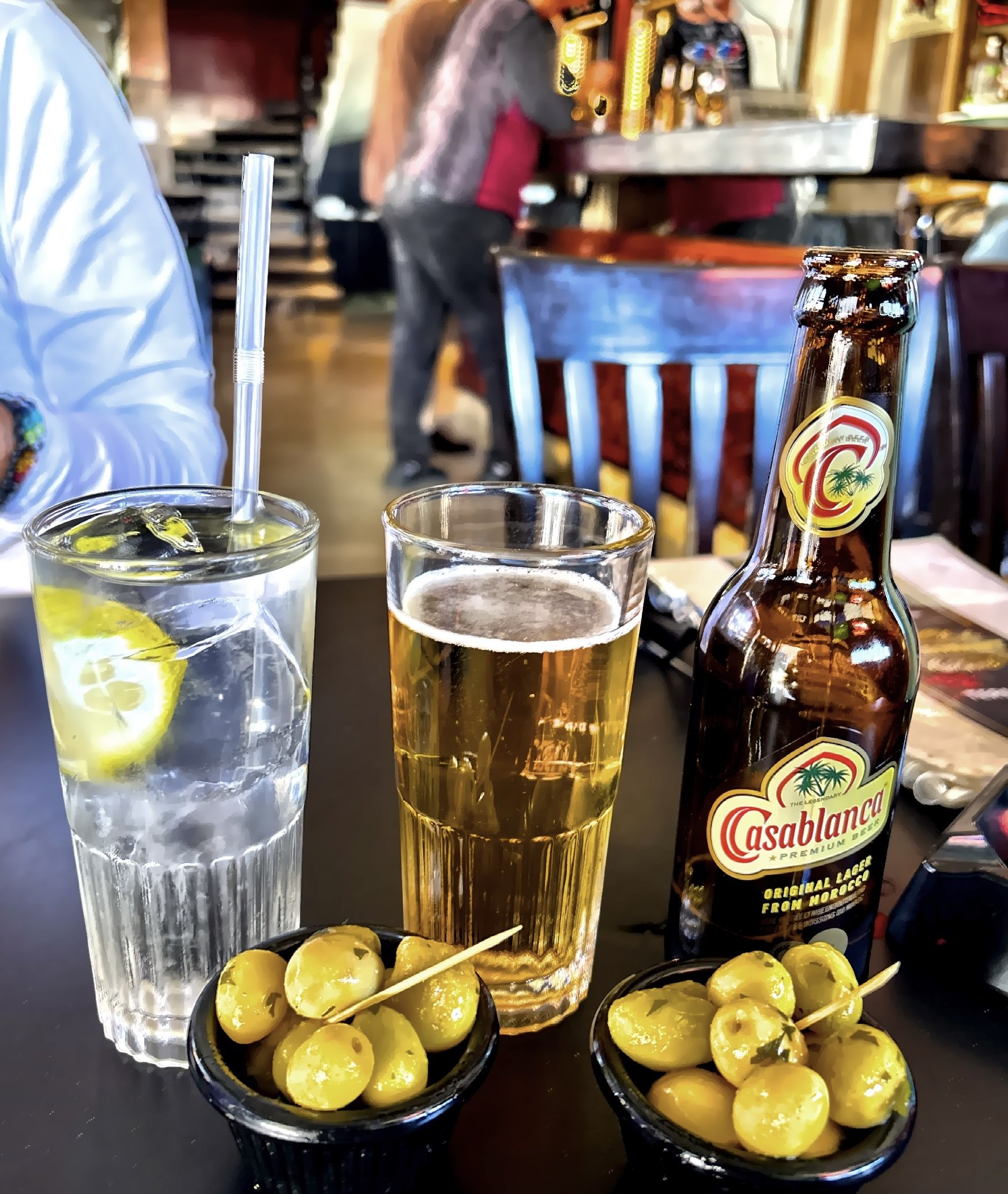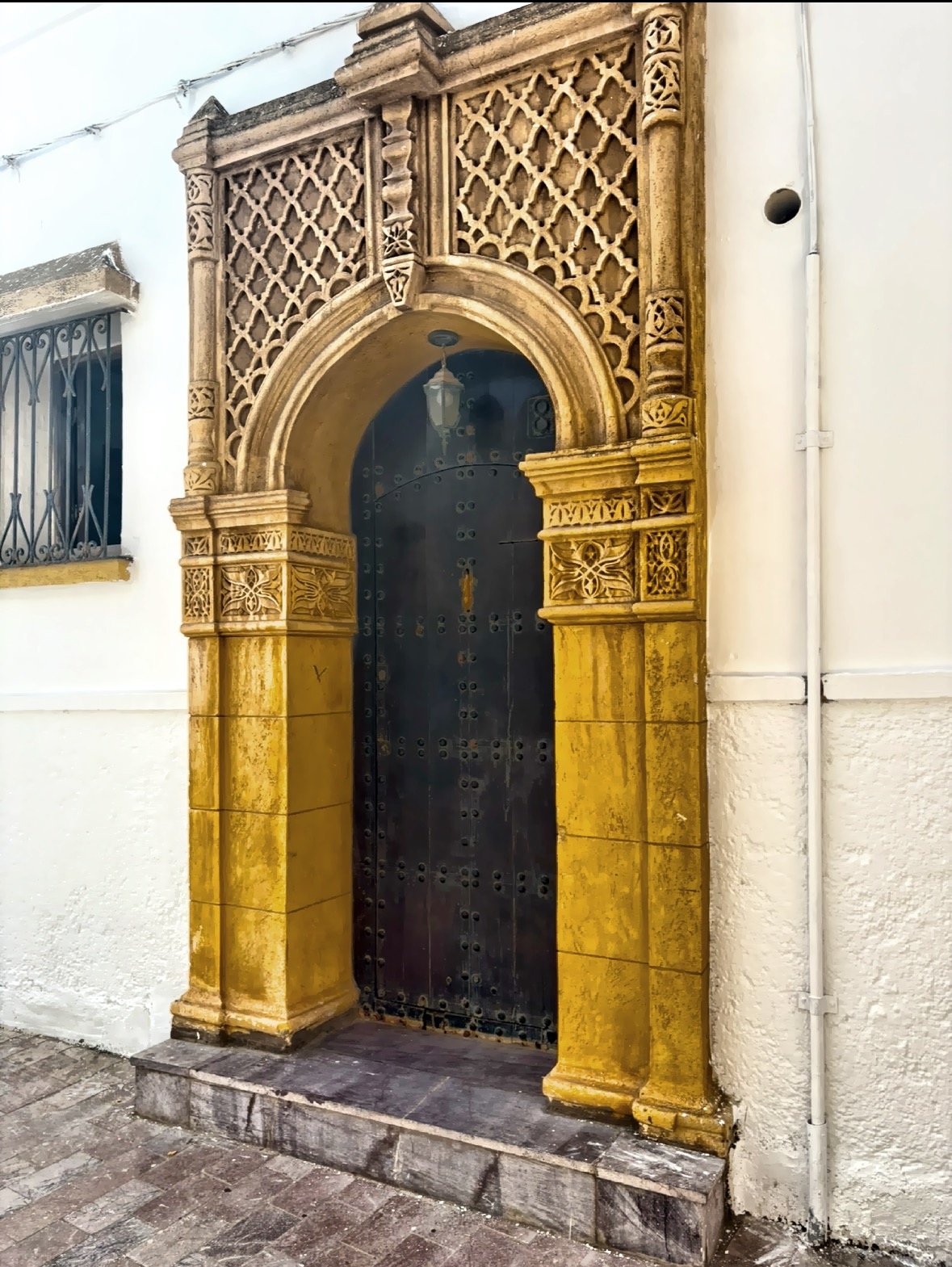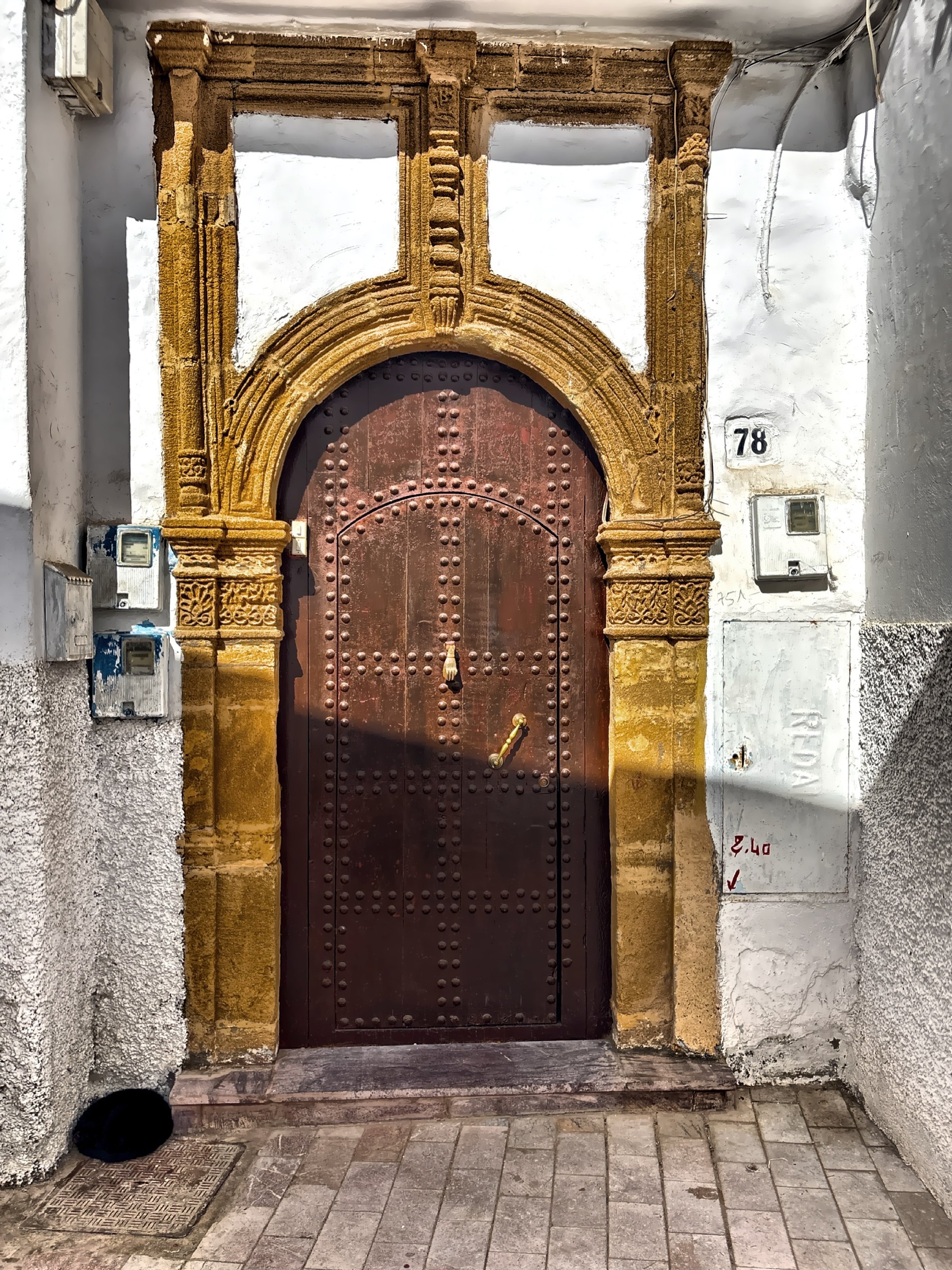The Capital Of Morocco - Rabat
The Imperial city of Rabat is Morocco's cultural capital, in addition to being its political and administrative center. It is also a UNESCO World Heritage city that's known for its unique blend of historic and modern architecture.
Rabat’s charm lies in its peaceful ambiance and the way it harmoniously blends historical landmarks with contemporary city life.
Rabat was rebuilt as the capital of the French protectorate from 1912 to the 1930s, and the city is a good example of early 20th century urban planning and is one of the most ambitious urban projects of the period in Africa. The modern city integrates the buildings from the earlier periods, including the 12th century Kasbah of the Udayas, Hassan Tower, and the Almohad walls and ramparts.
The political capital was moved to Rabat in 1912, but Fes retained its status as the cultural and spiritual center.
This is what caught my eye; I hope you enjoy!
Do you like the images posted?
Click here to explore the shop.
What you should know:
Crossing a street can be very challenging in all of Morocco.
Morocco currency is the Moroccan Dirham.
Tipping is not generally expected, but feel free to leave extra when you receive exceptional service.
You will need a valid passport and a travel power adapter if you are from the United States.
There is a Moroccan tradition of drinking mint tea, often served in pretty glasses.
There are many restaurants and entertainment options.
Restrooms are available in some shops and restaurants.
Many public bathrooms in Morocco will ask for a few dirhams to use it.
You could spend anywhere from a couple of hours to a couple days exploring here.
Throughout Morocco, bargaining is a common practice. Always bargain for the best price.
Alcohol is not served in all restaurants or hotels.
The primary languages spoken in Fes are Arabic, Berber, and French are widely spoken. Some do speak English.
Morocco is a budget-friendly destination.
The Islamic call to daily prayers can be heard five times a day delivered from a minaret and can be heard across neighborhoods as a reminder. The Moroccan authorities generally do not enforce the act of praying, it is left to the individuals showing the balance between cultural and religious traditions and personal freedom.
For more information: Rabat
If you enjoyed this post, feel free to check out my previous posts by clicking here.

















































